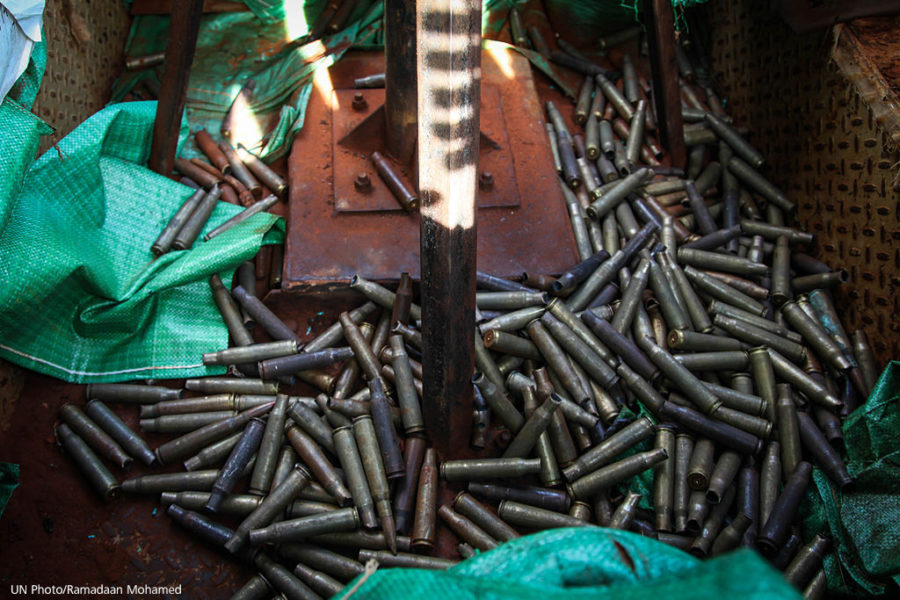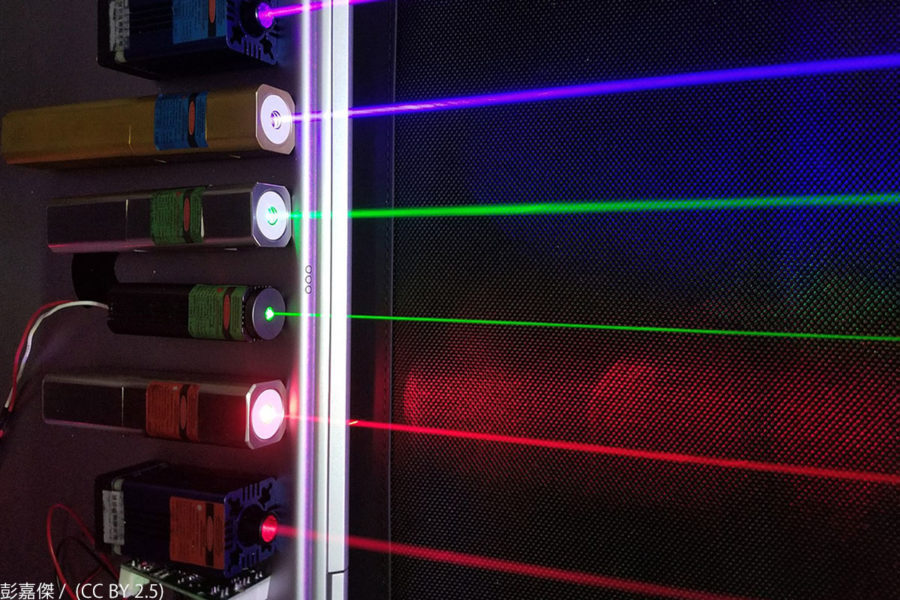22nd February 2018 Vienna, Austria
What is Wassenaar? And why does it matter?

A terrorist organisation tries to buy military technology from Country A. But Country A refuses to sell. What is to stop the organisation from going to Country B and buying there?
Welcome to the world of multilateral export control regimes.
If you don’t know much about export control regimes, don’t worry: not many people do. But these regimes matter as a way of increasing international stability. In 2018, the UK is Chair of one of the four key multilateral export control regimes, the Vienna-based Wassenaar Arrangement.
Let’s look at what that means.
Multilateral export control regimes are international bodies with voluntary memberships that are used by countries (known as “Participating States”) to share information and best practice and as a forum to raise concerns. The four key regimes cover different weapons types. The Wassenaar Arrangement deals with conventional weapons and “dual use” items (ie goods and technologies normally used for civilian purposes which can also have military applications). Of the other three, the Nuclear Suppliers Group (NSG) and Missile Technology Control Regime (MTCR) are pretty self-explanatory, while the Australia Group (AG) seeks to fight the spread of chemical and biological weapon.
The Wassenaar Arrangement, named after the suburb of The Hague where the 1995 agreement took place, seeks to boost international security by promoting transparency and responsibility in transfers of conventional arms and dual-use goods and technologies, thus preventing destabilising accumulations. The aim is also to prevent the acquisition of these items by terrorists.

In order to do this, Wassenaar Participating States have agreed to maintain national export controls on items included in the Wassenaar Control Lists. The lists are separated into two parts. The first is the “Munitions List”, which covers items designed for military use, including small arms, tanks, armoured equipment and UAVs. The second list, the “List of Dual-Use Goods and Technologies”, covers items or technologies that could potentially be used for weapons but are specified as something else. For example, items in the fields of electronics, lasers, navigation, marine, aerospace and propulsion are covered.
Since 1996, the Wassenaar Arrangement Secretariat has been in Vienna. This is where the annual plenary meetings happen, as well as working group and subsidiary expert meetings throughout the year. Membership is growing; the UK was pleased to welcome India as the 42nd Participating State in December 2017.
This year, in 2018, the UK has the rotating Chair of the Wassenaar Arrangement Plenary, the key decision-making body alongside the Slovakian-chaired General Working Group. This presents an opportunity for the UK to seek progress on its priorities – which include outreach to non-Wassenaar states, engaging with industry, and streamlining working practices. We are grateful for the work of the Wassenaar Secretariat here in Vienna, and look forward to maintaining the good work and momentum of this vital regime.